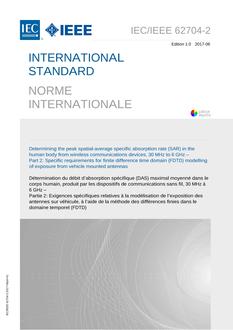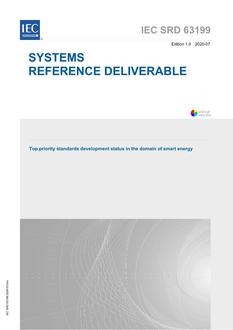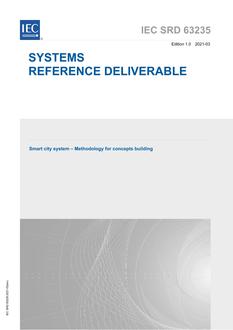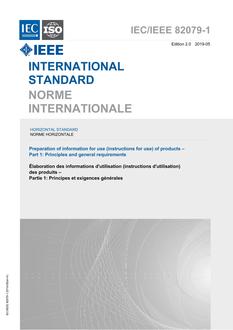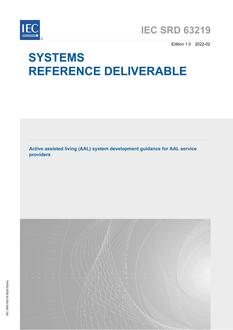IEC /IEEE 62704-2 Ed. 1.0 b – Determining the peak spatial-average specific absorption rate (SAR) in the human body from wireless communications devices, 30 MHz to 6 GHz – Part 2: Specific requirements for finite difference time domain (FDTD) modelling of exposure from vehicle mounted antennas
This part of IEC/IEEE 62704 establishes the concepts, techniques, validation procedures, uncertainties and limitations of the finite difference time domain technique (FDTD) when used for determining the peak spatial-average and whole-body average specific absorption rate (SAR) in a standardized human anatomical model exposed to the electromagnetic field emitted by vehicle mounted antennas in the frequency range from 30 MHz to 1 GHz, which covers typical high power mobile radio products and applications. This document specifies and provides the test vehicle, human body models and the general benchmark data for those models. It defines antenna locations, operating configurations, exposure conditions, and positions that are typical of persons exposed to the fields generated by vehicle mounted antennas. The extended frequency range up to 6 GHz will be considered in future revisions of this document. This document does not recommend specific peak spatial-average and whole body average SAR limits since these are found in other documents, e.g. IEEE C95.1-2005, ICNIRP (1998).
Product Details
- Edition:
- 1.0
- Published:
- 06/01/2017
- ISBN(s):
- 9782832242599
- Number of Pages:
- 112
- File Size:
- 1 file , 2.7 MB
- Note:
- This product is unavailable in Ukraine, Russia, Belarus

